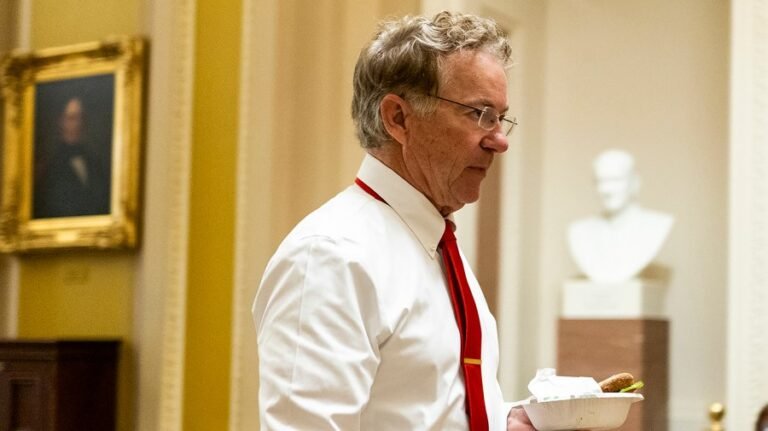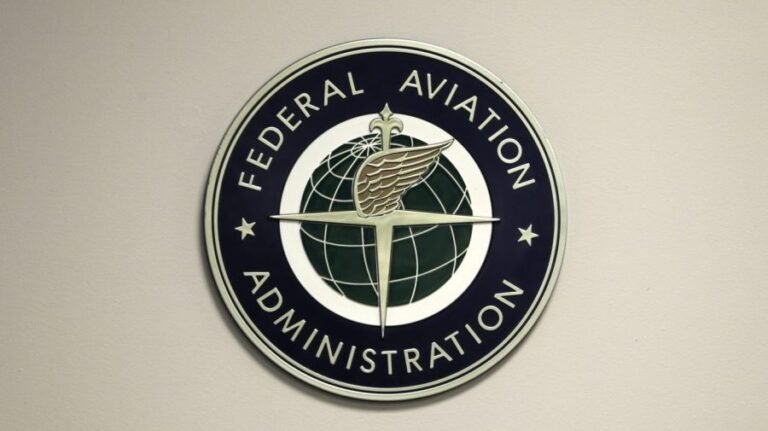
The Supreme Court rejected a long-shot effort Monday to overturn its ruling guaranteeing same-sex marriage nationwide.
Former Kentucky county clerk Kim Davis directly asked the justices to overrule the 2015 landmark decision after a jury awarded damages to a couple whom Davis refused to issue a marriage license.
“The Court can and should fix this mistake,” her attorneys wrote in court filings.
In a brief order, the justices declined to take up Davis’s appeal, alongside dozens of other petitions up for consideration at the justices’ weekly closed-door conference. There were no noted dissents.
Court-watchers viewed Davis’s appeal as a long-shot effort, but it sparked trepidation among LGBTQ rights groups, since several conservative justices who dissented in the decade-old case remain on the court.
Davis gained national attention after she raised religious objections to issuing marriage licenses to same-sex couples despite the Supreme Court’s decision in Obergefell v. Hodges.
Among the refused couples was David Ermold and David Moore, who sued. Davis was found to have violated a judge’s order in another case, which required her to keep issuing licenses.
Davis was jailed for five days, the couple obtained their license and Kentucky later passed a law enabling clerks to keep their signatures off marriage certificates.
But Davis kept fighting in court after the couple won $100,000 in emotional distress damages from a jury, plus $260,000 in attorneys’ fees.
Primarily, Davis’s appeal concerned arguments that she has a private First Amendment religious defense against the award, despite acting as a government official.
She tacked onto it a request to overturn Obergefell outright, insisting the whole lawsuit would fall if the justices do so.
The couple said the effort wasn’t properly presented to the Supreme Court, arguing Davis had waived the argument earlier in the litigation.
“The Court should hold her to that representation,” the couple’s lawyers wrote. “Reaching the question of whether to overrule Obergefell in the context of this case would also require the Court to first decide thorny questions about how such a ruling would affect Davis’s liability.”
Updated at 9:41 a.m. EST


